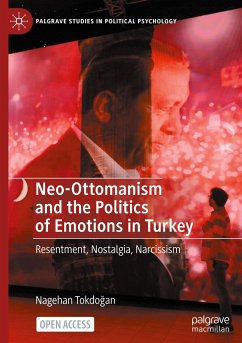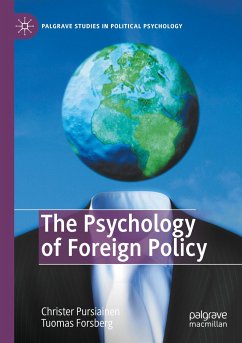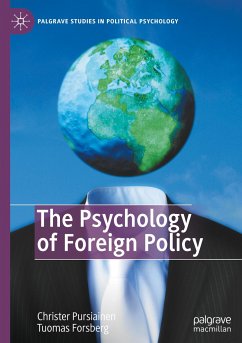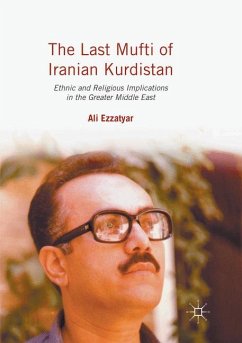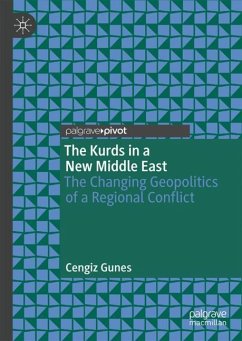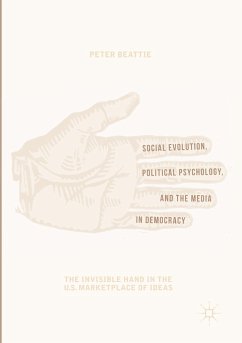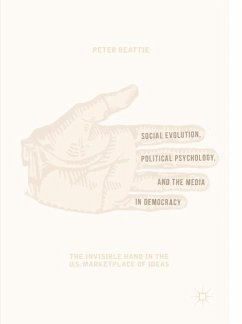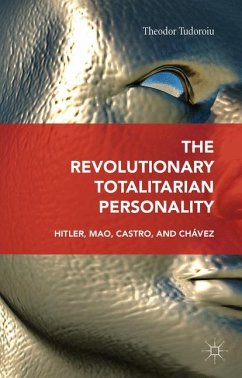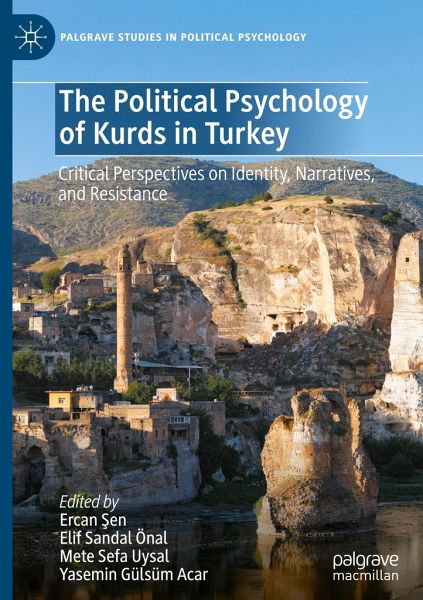
The Political Psychology of Kurds in Turkey
Critical Perspectives on Identity, Narratives, and Resistance
Herausgegeben: Sen, Ercan; Sandal Önal, Elif; Sefa Uysal, Mete; Acar, Yasemin Gülsüm

PAYBACK Punkte
49 °P sammeln!
Research into Kurdishness touches on many of the important global issues within contemporary social and political psychology - questions about the rigors of methodology, the importance of reflexivity, issues of replicability, and the role of decolonization in research on actors in intractable conflicts. This volume will provide an in-depth account of historical and contemporary research on Kurdishness in Turkey, including research on social identity, conflict and conflict resolution, as well as collective action and resistance. It will also address methodological issues, including fieldwork in...
Research into Kurdishness touches on many of the important global issues within contemporary social and political psychology - questions about the rigors of methodology, the importance of reflexivity, issues of replicability, and the role of decolonization in research on actors in intractable conflicts. This volume will provide an in-depth account of historical and contemporary research on Kurdishness in Turkey, including research on social identity, conflict and conflict resolution, as well as collective action and resistance. It will also address methodological issues, including fieldwork in conflict zones, reflexivity in research, and intersectionality. This volume also provides lessons from related disciplines such as Kurdish studies and sociology to provide political psychologists some insight into their own research practices from disciplines wherein questions of intersectionality and reflexivity have long been ongoing.







